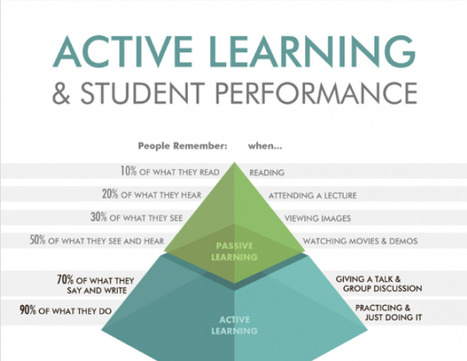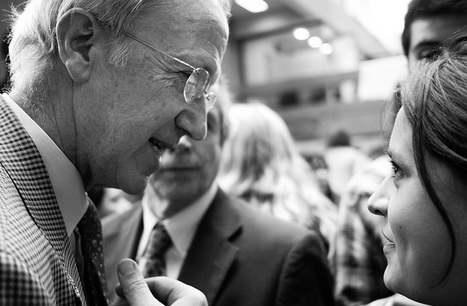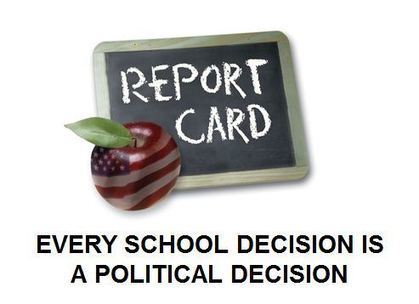"David Dockterman would like to see more productive failure. But as a lecturer at Harvard’s GSE, Dockterman sees students afraid to blemish a polished transcript. As Scholastic’s chief architect of learning sciences, he sees K-12 students all too familiar with failure and schools that don’t know how to support productive struggle."
Research and publish the best content.
Get Started for FREE
Sign up with Facebook Sign up with X
I don't have a Facebook or a X account
Already have an account: Login
Tech tools that assist all students to be independent learners & teachers to become better teachers
Curated by
Beth Dichter
 Your new post is loading... Your new post is loading...
 Your new post is loading... Your new post is loading...
|

Nicoletta Trentinaglia's curator insight,
January 28, 2014 6:48 AM
it seems that students in flipped classroom approach demonstrate better performance compared to traditional classroom

Nick Allsopp's curator insight,
June 11, 2013 5:26 PM
this is based in higher education, are there points that are transferable to other sectors of education?
Liza Zamboglou's curator insight,
June 12, 2013 9:37 AM
Good post outlining 20 tips on how to provide feedback that will help improve a student's performance. 
ColbyccSSS's curator insight,
June 17, 2013 11:15 AM
Valuable information for new instructors like myself |















The concept of growth mindset is often discussed in schools. Research shows that a students' mindset plays a role in how well they do at school. This post provides "4 belief statements that underlie student performance." Each statement is listed below, but click through to the post to learn more about the meaning behind the statement.
1. “I belong in this academic community.”
2. “My ability and competency grow with effort.”
3. “I can succeed.”
4. “This work has value for me.”
There are a number of links in the article and you may want to read the article located in EdWeek (published in Sept. 2013). This article looks at how our language as teachers impacts each student. Our words are important and we may not be aware of the words we use are impacting our students.
Also consider scrolling down and reading the comment by Tom Vander Ark. He discusses two areas that are forgotten in the discussion of mindset (and he includes grit here also) - the ability to transfer knowledge between content areas (an important component in Common Core) and "domain knowledge and skill." He provides suggestions on what we might try in our classrooms.